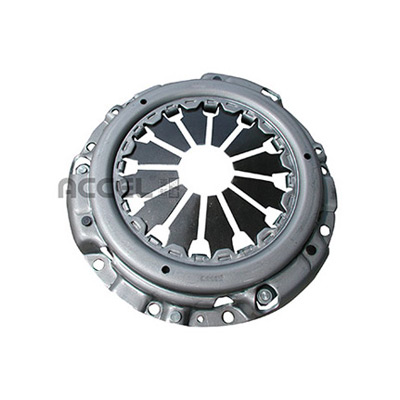The Versatility of Silicone Rubber Electrical Tape
In the world of electrical insulation and protection, silicone rubber electrical tape has emerged as a revolutionary product. Known for its unique properties and exceptional performance, this type of tape is increasingly being used in various applications, from home repairs to industrial settings. Understanding the benefits and applications of silicone rubber electrical tape can help individuals and businesses make informed choices regarding their insulation needs.
What is Silicone Rubber Electrical Tape?
Silicone rubber electrical tape is a type of adhesive tape made from silicone rubber, which provides a high level of flexibility, resilience, and heat resistance. Unlike traditional vinyl or cloth electrical tapes, silicone rubber tape is engineered to withstand extreme temperatures, making it suitable for both high and low-temperature applications. Its wide operating temperature range typically spans from -60°F to 500°F (-51°C to 260°C), which makes it an ideal choice for environments where standard tape would fail.
Key Benefits
1. Temperature Resistance The most significant advantage of silicone rubber electrical tape is its ability to endure high temperatures without melting or degrading. This makes it particularly well-suited for use in automotive, aerospace, and electrical applications where heat levels can pose a challenge to other materials.
2. Electrical Insulation Silicone rubber is an excellent electrical insulator, providing reliable protection against electrical currents. It is commonly used to insulate wires, cables, and other electrical components, ensuring safety and preventing short circuits.
3. Weather Resistance Silicone rubber is naturally resistant to UV rays, moisture, and environmental degradation. This characteristic makes silicone rubber tape ideal for outdoor applications, where exposure to the elements could compromise the integrity of other types of tape.
4. Flexible and Conformable The elasticity of silicone rubber allows it to conform to irregular surfaces and shapes, making it easier to apply in tight spaces or around complex geometries. This flexibility ensures a tight seal and optimal insulation coverage.
5. Non-Adhesive One notable feature of silicone rubber electrical tape is that it often doesn’t stick to surfaces like traditional tapes do. Instead, it relies on its own pressure and elastic properties to create a secure bond. This means that it can be removed and repositioned without leaving residue behind, an advantage in many repair scenarios.
silicone rubber electrical tape

Applications
Silicone rubber electrical tape is versatile, with a wide range of applications across various industries
- Electrical Repairs Ideal for insulating electrical splices and connections, preventing arcing and ensuring safe operations.
- Automotive Used in automotive wiring harnesses, silicone rubber tape protects against heat from engines and various electronic components.
- Aerospace Its lightweight and highly resistant nature makes silicone rubber tape a preferred option in the aerospace industry for insulation and protection against extreme conditions.
- HVAC In heating, ventilation, and air conditioning systems, silicone rubber tape is used for insulating ducts and managing temperature changes effectively.
- Home Improvement Homeowners and DIY enthusiasts often utilize silicone rubber electrical tape for quick fixes on wiring, adding an extra layer of protection to household electrical systems.
Conclusion
Silicone rubber electrical tape is a modern solution for electrical insulation and protection needs, combining temperature resistance, flexibility, and reliability in one product. Its applications in various industries showcase its versatility and efficacy. For anyone dealing with electrical repairs, automotive work, or industrial applications, investing in silicone rubber electrical tape can create safer, more durable solutions that stand the test of time. As technology progresses and industries evolve, the popularity and applications of silicone rubber electrical tape are likely to expand, making it a staple in both professional and DIY environments.
-
Self Amalgamating Tape: Redefining Electrical Insulation and ProtectionNewsAug.07,2025
-
Seal Strip Solutions: Revolutionizing Energy Efficiency and Comfort in Modern BuildingsNewsAug.07,2025
-
High Voltage Electrical Tape: Powering Safety and Reliability in Modern InstallationsNewsAug.07,2025
-
Flex Tape Waterproof: Transforming the Future of Instant RepairsNewsAug.07,2025
-
Elevate Electrical Safety Standards with High-Performance PVC Electrical TapeNewsAug.07,2025
-
Butyl Rubber Tape: The Ultimate Solution for Reliable Sealing and WaterproofingNewsAug.07,2025
